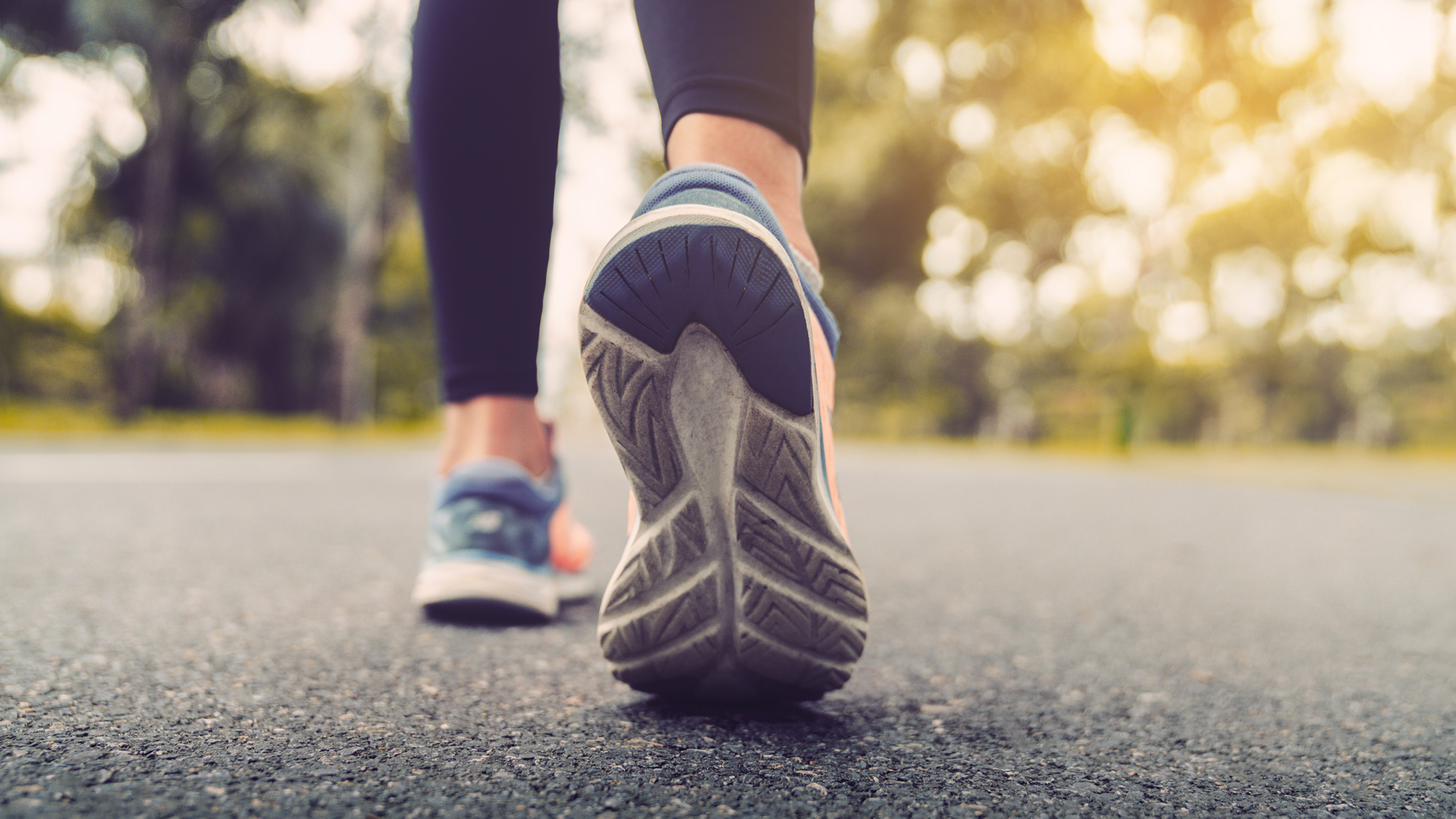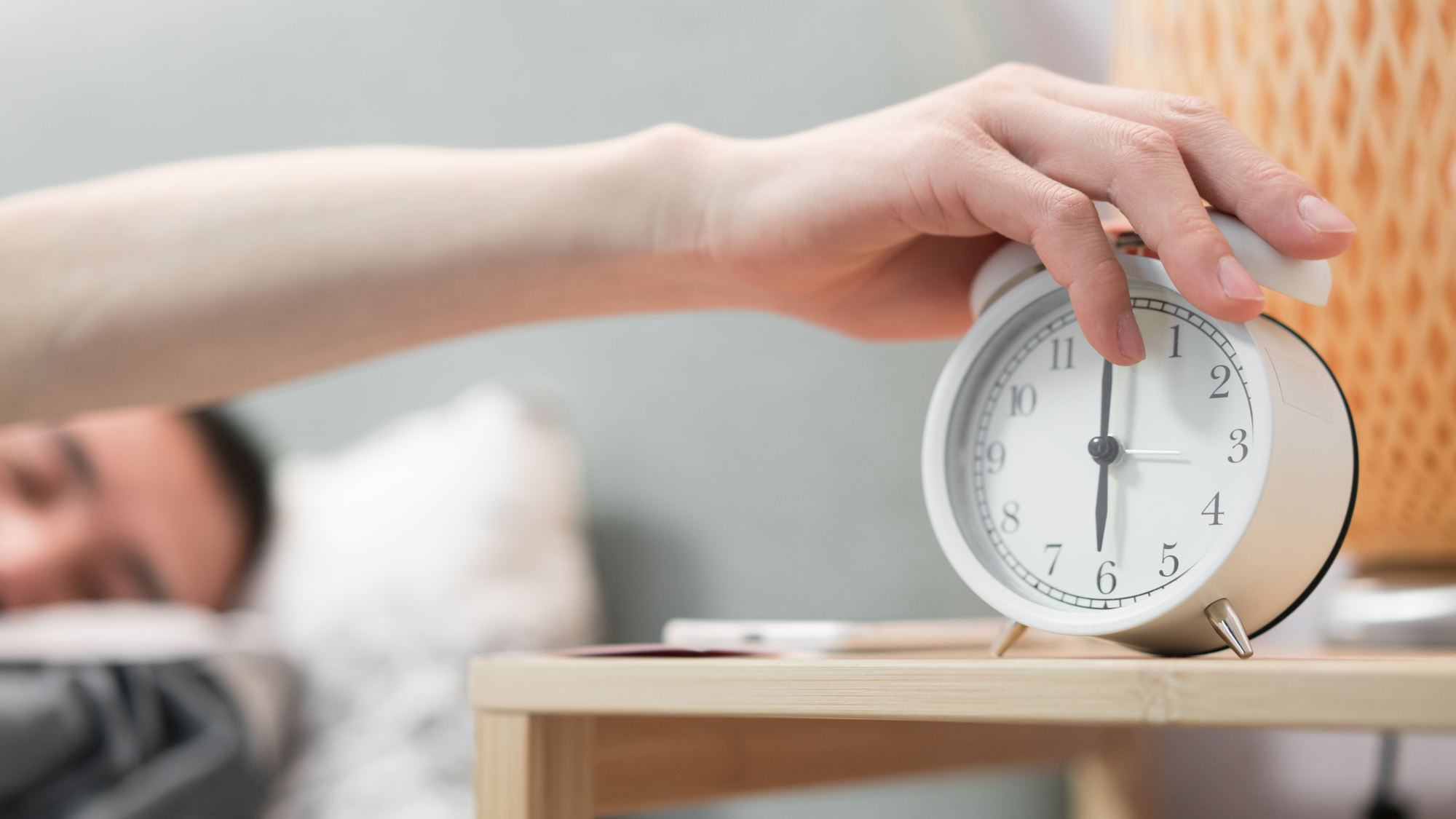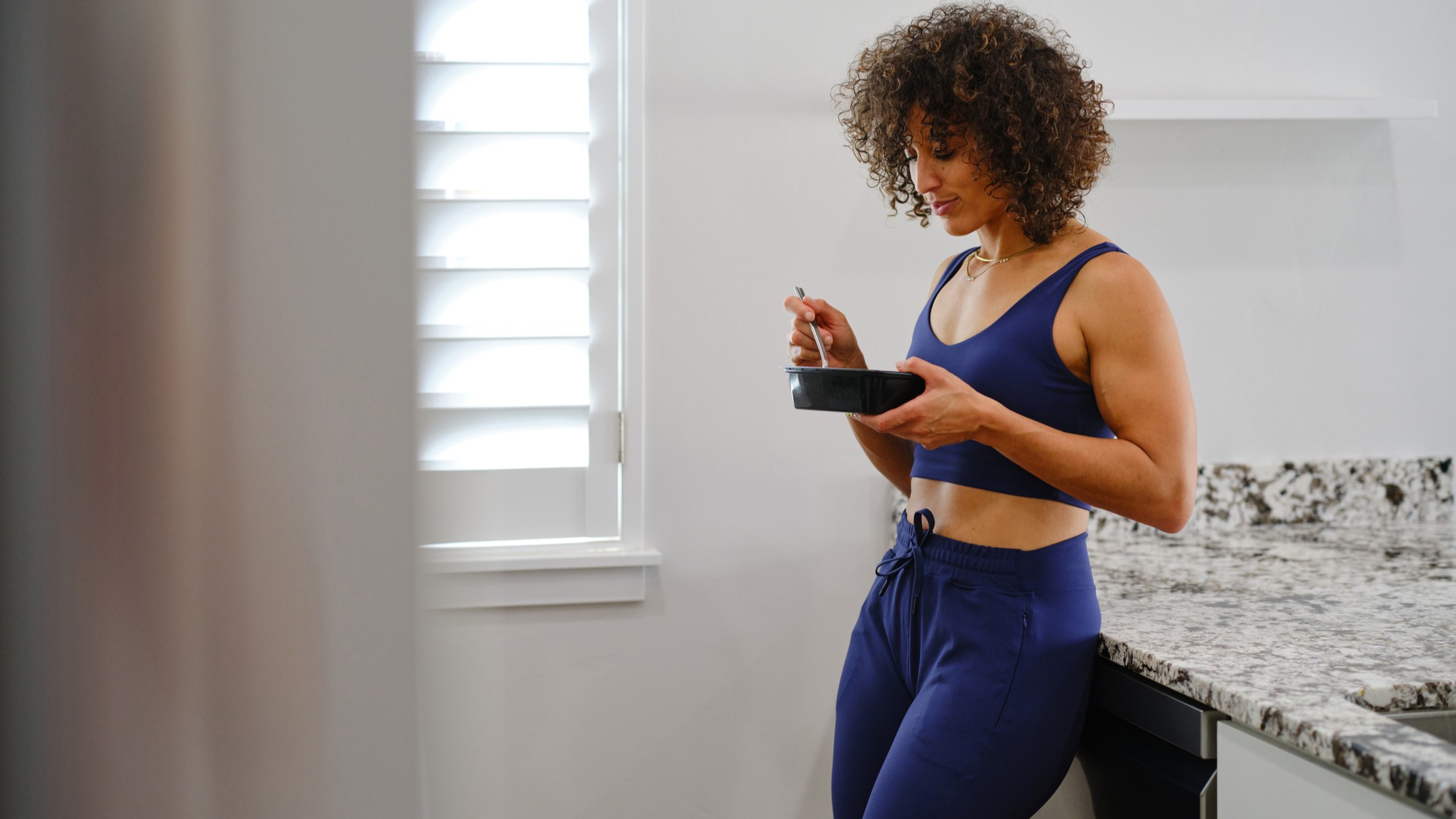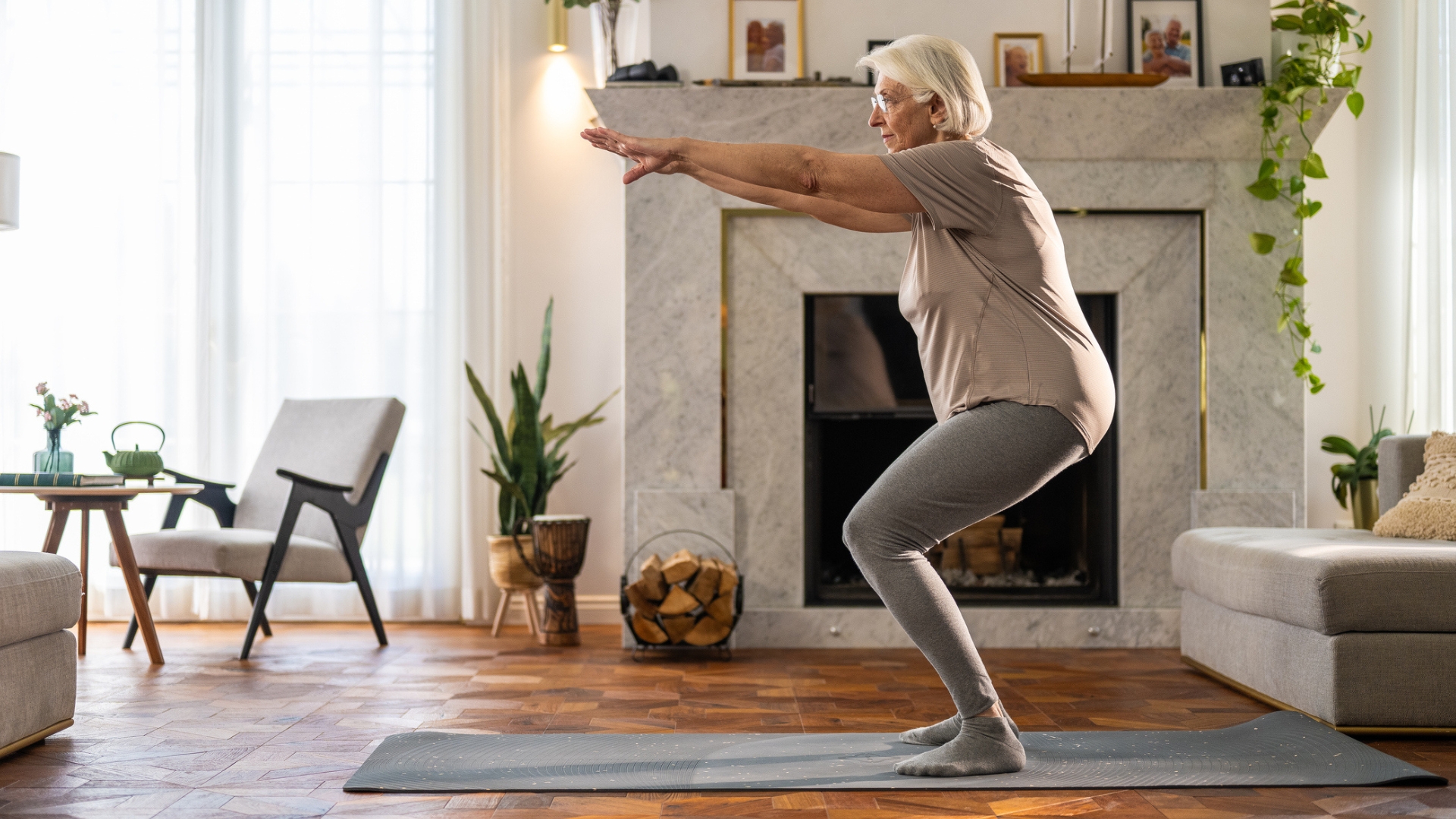Lack of sleep could be affecting the way you walk, says science
The feeling of sleepiness can slow you down but you might not realise the more detrimental effect it can have on your strides


Everyone has experienced a sleepless night at some point in their life and will know how lethargic and slow the next day can feel. And while science has previously discovered that lack of sleep sleep can impact how well we perform cognitive tasks - more recent research suggests it can also impact how you walk.
Wearing a best fitness tracker on your wrist is a really helpful way to track the length and quality of sleep. Yet, while a smart wearable can also inform you on your step count and mileage, it won't directly tell you what your walking pattern looks like. Better yet, how your volume of sleep affects this.
Researchers at the Massachusetts Institute of Technology and the University of São Paulo in Brazil conducted a study looking specifically into how quantity of sleep can affect how well, or perhaps not so well, we control our gait. Gait is a person's pattern of walking.
The scientists recruited a group of students to wear watches, which tracked when and how much they slept for a period of two weeks. In order to get an accurate recording of the participants’ natural sleep cycle the scientists offered no instruction on how much they should sleep.
Most of the students slept for around six hours per day and the ones who didn’t made up for this on the weekends. A collection of the group was asked to pull an all-nighter on the last evening of the fourteen day period.

After the fortnight ended, each student stepped onto a treadmill set at the same speed and walked to the beat of a metronome (a device designed to mark exact time by a regularly repeated pulse), which the scientists secretly raised and lowered the speed of.
Looking closely at when the participants feet hit the treadmill in line with the beat, they found that errors were much more significant for those with acute sleep deprivation. Beeps were missed, rhythm was off, and the overall performance was poorer.
Get the Fit&Well Newsletter
Start your week with achievable workout ideas, health tips and wellbeing advice in your inbox.
The most surprising result was discovered when the scientists compared those who didn’t pull an all-nighter. The students who performed better in the walking tests were those who compensated and caught up with sleep on the weekends, despite the test falling at the end of the week.
Hermano Krebs, principal research scientist in MIT's Department of Mechanical Engineering said, "The results show that gait is not an automatic process, and that it can be affected by sleep deprivation.
"They also suggest strategies for mitigating effects of sleep deprivation. Ideally, everyone should sleep eight hours a night. But if we can't, then we should compensate as much and as regularly as possible."
Not everyone is capable of consistently getting eight hours sleep but the study results suggest even catching up with sleep on the weekends can be beneficial toward your daily strides.
We can also do small things to create a nicer sleep environment that in turn might help us sleep longer. How about adding a best mattress topper to your bed for ultimate comfort when your head hits the pillow.
Jessica is an experienced fitness writer with a passion for running. Her career in journalism began in local news and she holds a Masters in journalism. Jessica has previously written for Runners World, penning news and features on fitness, sportswear and nutrition.
When she isn't writing up news and features for Fit&Well covering topics ranging from muscle building, to yoga, to female health and so on, she will be outdoors somewhere, testing out the latest fitness equipment and accessories to help others find top products for their own fitness journeys. Her testing pairs up nicely with her love for running. She recently branched out to running 10Ks and is trying to improve her time before moving on to larger races. Jessica also enjoys building on her strength in the gym and is a believer in health and wellness beginning in the kitchen. She shares all of this on her running Instagram account @jessrunshere which she uses for accountability and for connecting with like-minded fitness lovers.
-
 Put down the protein shake—this high-protein chicken and rice recipe is a better way to refuel after a workout
Put down the protein shake—this high-protein chicken and rice recipe is a better way to refuel after a workoutAnd it only takes 10 minutes to make
By Lou Mudge
-
 The three Pilates exercises every beginner should start with, according to an expert instructor
The three Pilates exercises every beginner should start with, according to an expert instructorA sequence that will take you no more than 10 minutes
By Alice Porter